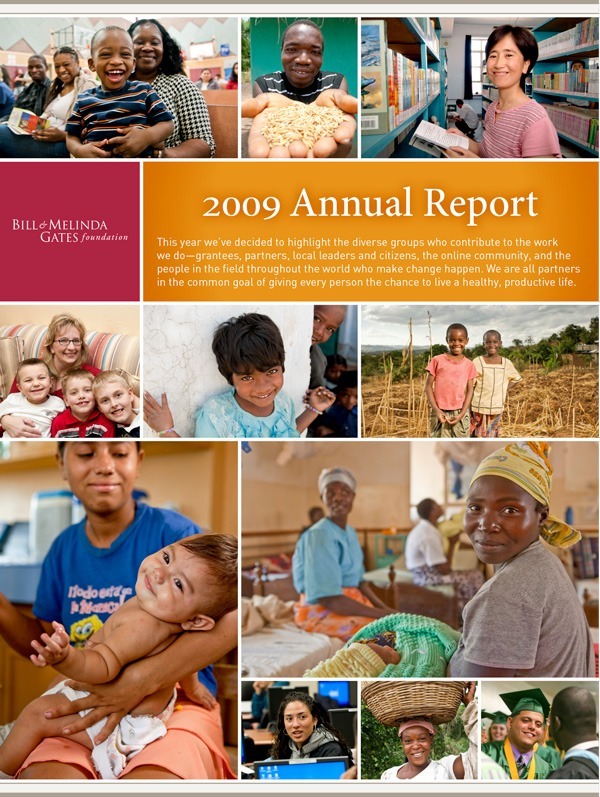
As CEO of the Bill & Melinda Gates Foundation, my job is to make sure we are using our resources—our endowment, the expertise of our staff, and the voices of our leaders—to the utmost, so that we can have the maximum possible impact on people’s lives. And the next five years offer a historic opportunity to have an impact on the health and welfare of people in the developing world. Even in the face of very tough economic times across the globe, I am optimistic when I think about all that we can accomplish together with our partners.
I think in terms of the next five years because 2015 will be a landmark year. In 2000, the United Nations took the historic step of setting specific targets in eight areas of global health and development. It called them the Millennium Development Goals (MDGs), and it gave the world 15 years—until 2015—to meet them.
The MDGs set the clearest health and development agenda the world has ever had, and the decade since they were ratified has seen more progress than any other 10-year period in history. Just two weeks from now, the UN will convene a special session to discuss how governments, foundations, and NGOs can work together to speed up that progress. (At the Gates Foundation, we’re pleased to be taking part in that discussion. You can read more about it on page 8.)
In the next five years, we also have the chance to introduce vaccines for rotavirus and pneumococcal disease into the developing world. Vaccines are a miracle (not to mention an extremely high-return investment), because with just a few doses, they protect a child for a lifetime. In five years, we could be immunizing hundreds of millions of infants against two diseases that currently take the lives of 2 million children every year.